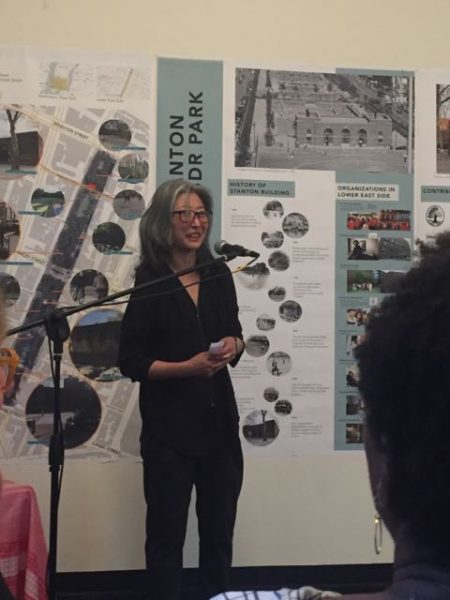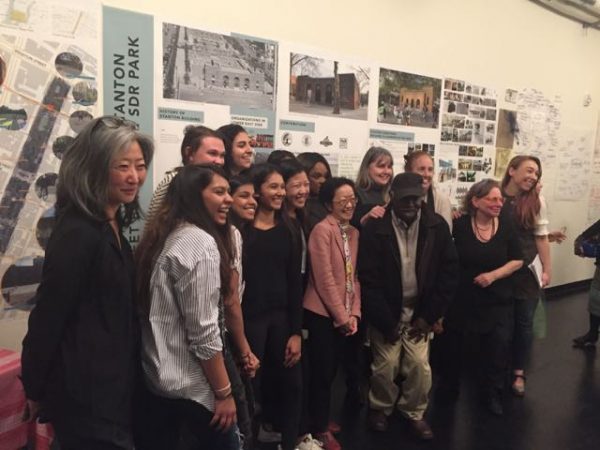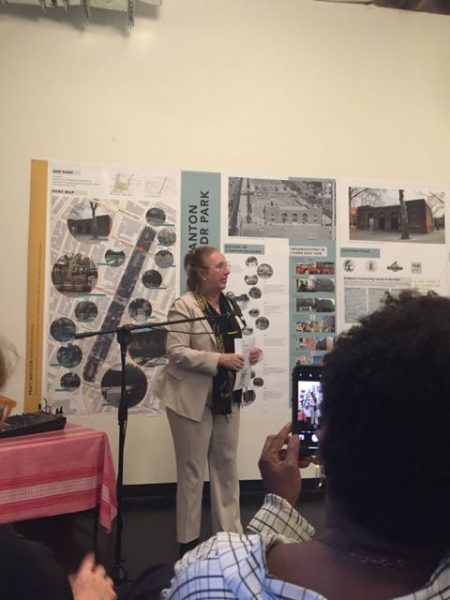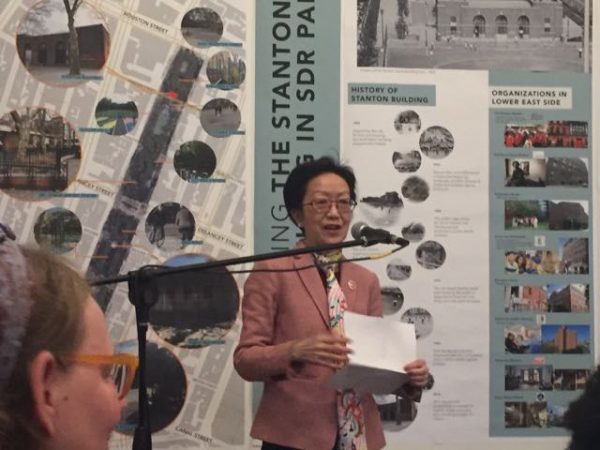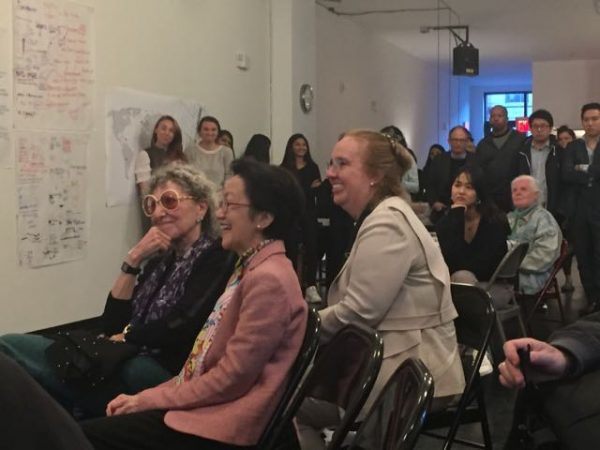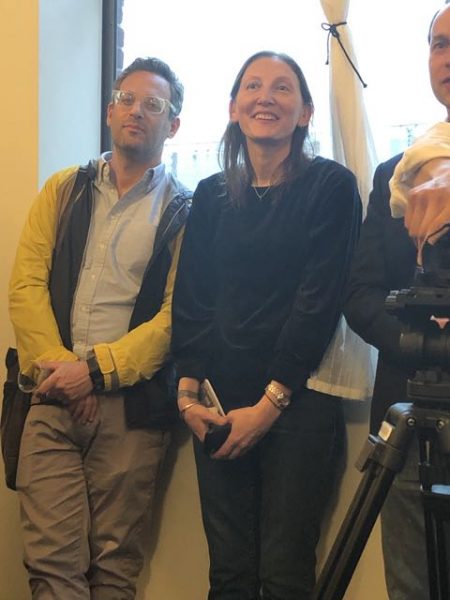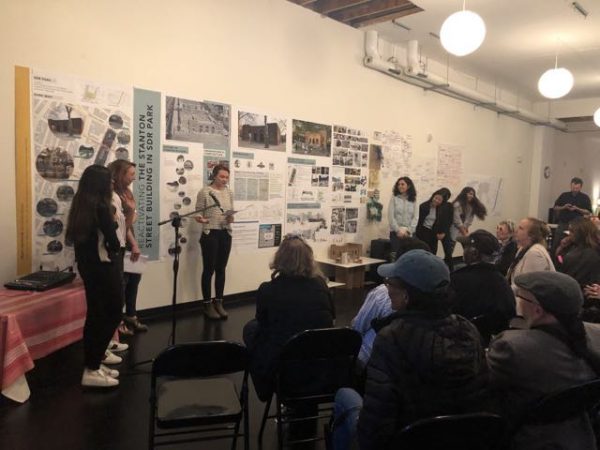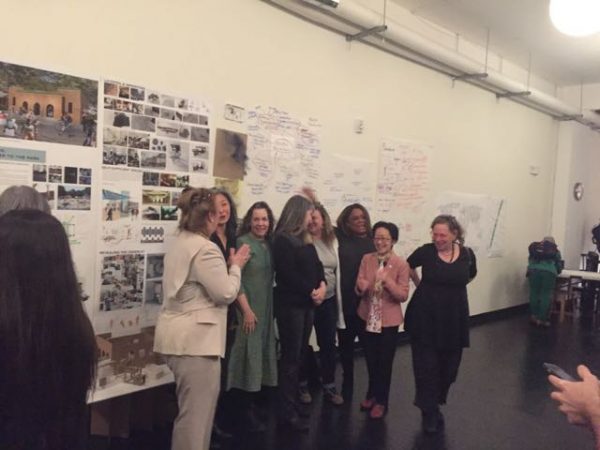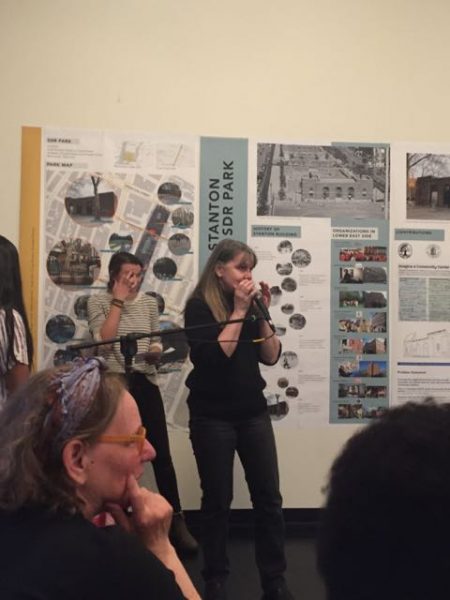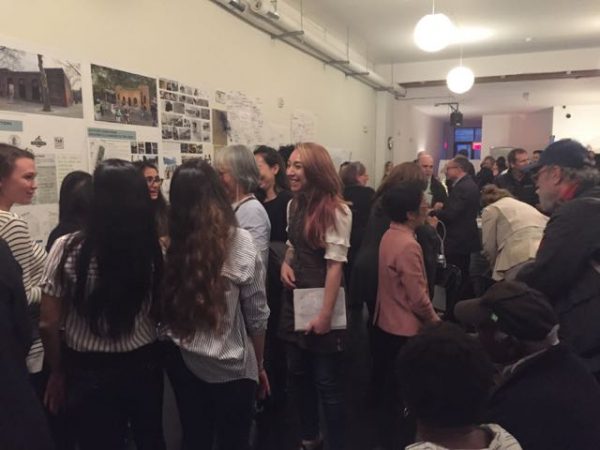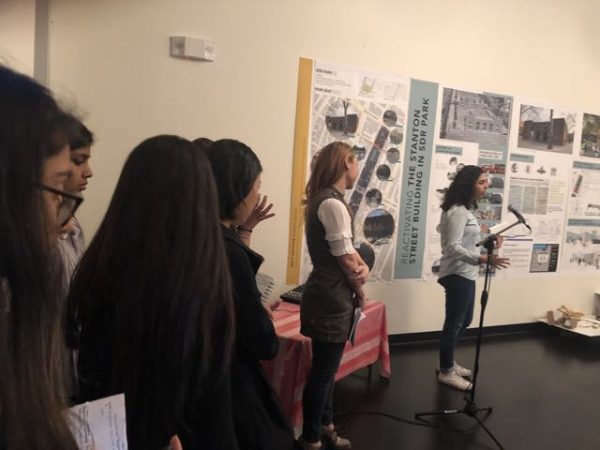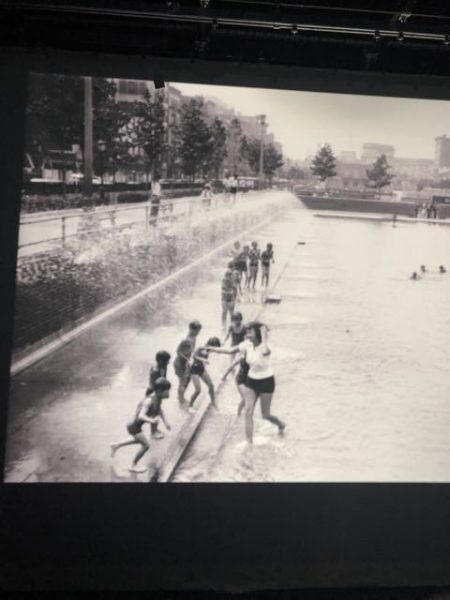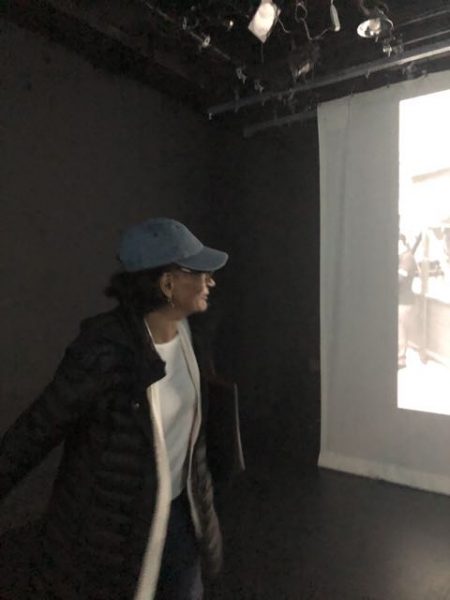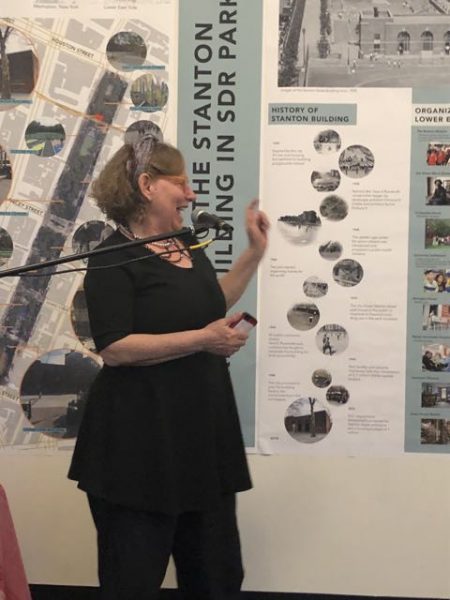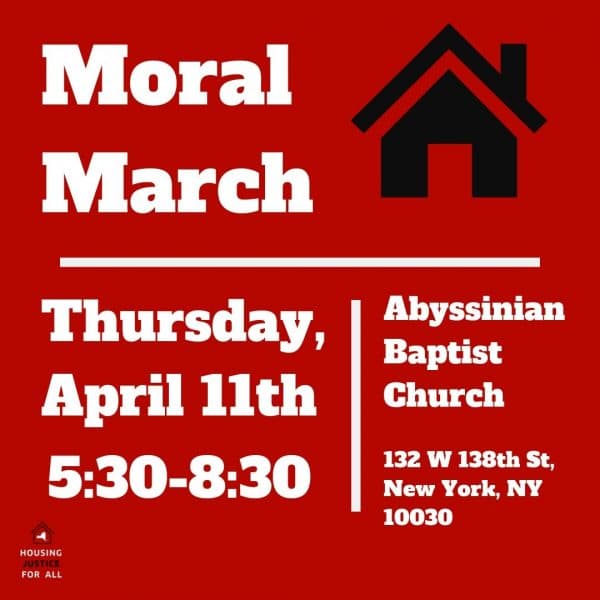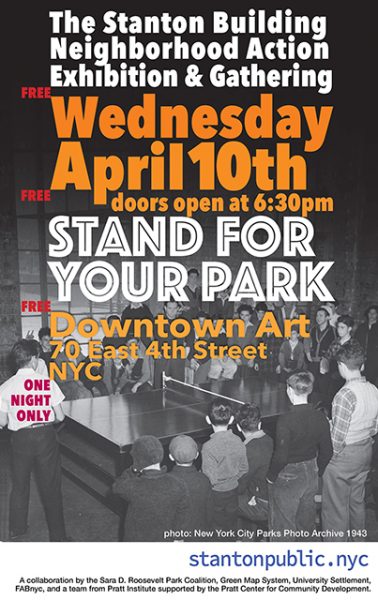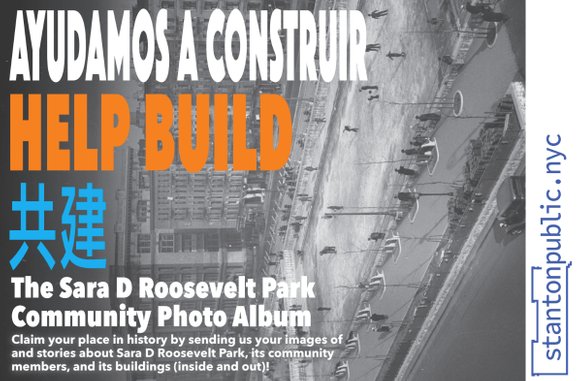
All In a Name
From October 23, 2006
It never makes sense to pretend that a history hasn’t happened or that we can’t look compassionately and clearly at the cruelest chapters in our human chronicle, knowing we do so in order to move forward.
To not do so puts us in league with harmful ideas of revisionism and pretense which thwarts the unity needed to solve our many and dire crisis. It hounds and confuses efforts to understand, recover from, rectify, and end the ongoing damage of past injustices. It undermines a decent life for everyone – including both those who have been the target of wholesale exploitation, those who stood as frozen witnesses to it, and those who profited (financially) from that exploitation. Which is probably most, if not all, of us in these United States.
This brings us to the impacts of a history of the global trade in opium, its consequences for generations in and from China, and the legacy of a family that was honored in the naming of Sara Delano Roosevelt Park.
In recent news Brown University has chosen to face its history with the slave trade. It brings a collective sigh of relief when we do this squarely. We do it, not to smear someone we can then comfortably peg as the “bad guy”, but to be able to go forward with confidence: “this is where we were” but this is where we are going. Examples abound of individuals, institutions, and states looking squarely at the consequences of actions taken in the past (the Truth and Reconciliation Commission being one of the more famous of these). It is a growing international consensus that this is the only way we can actually move on from tragedy. These are not just things that happened long ago that have no consequence today. Any reading of history shows that the effects of war, slavery, genocide, colonization or in this case the drugging of a nation for profit, lives on in the affected future generations unless we stop and address it.
From –1997 New York Times The Opium War’s Secret History:
“Along with the slave trade, the traffic in opium [in China] was the dirty underside of an evolving global trading economy. In America as in Europe, pretty much everything was deemed fair in the pursuit of profits. Such was the outlook at Russell & Company, a Boston concern whose clipper ships made it the leader in the lucrative American trade in Chinese tea and silk. In 1823 a 24 year old Yankee, Warren Delano, sailed to Canton, where he did so well that within seven years he was a senior partner in Russell & Company. Writing home, Delano said he could not pretend to justify the opium trade on moral grounds, “but as a merchant I insist it has been.. fair, honorable and legitimate,”
Warren Delano returned to America rich, and in 1851 settled in Newburgh, N.Y. There he eventually gave his daughter Sara in marriage to a wellborn neighbor, James Roosevelt, the father of Franklin Roosevelt. The old China trader was closemouthed about opium, as were his partners in Russell & Company. It is not clear how much F.D.R. knew about this source of his grandfather’s wealth. But the President’s recent biographer Geoffrey Ward rejects efforts by the Delano family to minimize Warren’s involvement. …The family’s discomfort is understandable. We no longer believe that anything goes in the global marketplace, regardless of social consequences.
The opium trade had a disastrous affect on China. In the 1830’s…virtually all men under 40 smoked opium. The entire army was addicted. It affected all classes of people. The total number of addicts in China in the 1830’s was as high as 12 million As Mr. H. Wells Williams writes in his book “Middle Kingdom” the opium trade “was a turning point in the national life of the Chinese race.
Losers rarely name wars, an exception being the conflict between Britain and China from 1839 to 1842, known bluntly ever since as the Opium War. To most Chinese, a century of humiliation began with this war, in which Westerners sought to force a deadly drug on an Asian people, and then imposed an unequal treaty that pried open their country and annexed the island that became Hong Kong.
In embarrassing truth, that is essentially what happened. As Hong Kong reverts to China at month’s end, many of us for the first time may see a bit of history from a different end of the telescope. Yet a further point needs making. Even the authors of the Opium War were ashamed of it, and Western protests against it marked the beginning of a concern with international human rights that in a fresh turn embarrasses today’s leaders in Beijing.”
A statue in nearby Chattam Square of Lin Zexu (the Chinese official whose refusal to bend to British opium interests gave pretext for the Opium Wars) was paid for by Chinatown residents. A strong statement of the Chinese communities views on the legacy of the opium addiction enforced upon China’s people.
The area around the southern end of Sara D. Roosevelt Park is home and playground to Chinese children. It is a learning moment.
As Ruth J. Simmons President of Brown and great granddaughter of enslaved Africans said, “We cannot change the past. But an institution can hold itself accountable for the past, accepting its burdens and responsibilities along with its benefits and privileges”.
We find the source of the Delano’s wealth abhorrent, but this park carries that name, and it requires that we tell the whole story. There is a right to know. It serves nothing to pretend that any of us living in harsh times (past or present) fully escape both experiencing damage and causing harm to others. But we can begin to stop hiding the damages of history, face it squarely, and begin to recover our innate, though flawed, humanity.
We have an opportunity to acknowledge Warren Delano’s involvement with the opium trade…and to state, with certainty, that it was neither “fair”, nor “honorable” nor “legitimate”.



